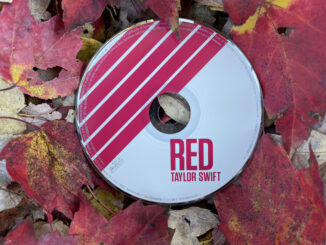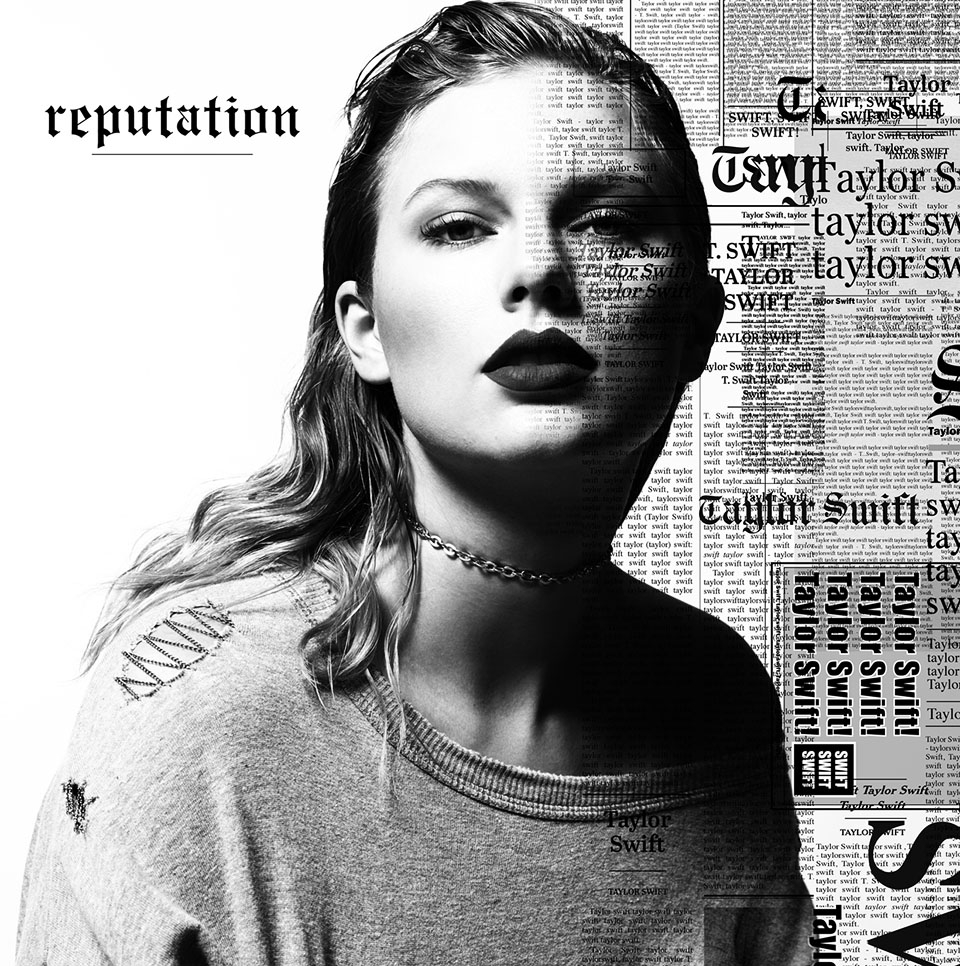By: Sam Fatula | A&E Editor
In today’s exchange of listeners streaming endless hours of music and artists reaching a larger circulation of fandom, the question still remains of there being a fair tradeoff of supplying music with proper compensation. While various independent artists have received the benefit of expanding their reach on platforms like Spotify, YouTube, Google Play etc., other musicians have spoken out against these services for the lack of royalties that are given back to songwriters.
This ongoing battle of streaming services, which do not give artists a proper payday is not a breaking news discussion, but after pop megastar Taylor Swift’s recent removal of discography from Spotify, debates about fair treatment have resurfaced.
During last week’s debut promotion of Swift’s latest album, 1989 Spotify was requested to take down all of the star’s albums, including one of the highest played tracks of that week “Shake it Off.” When Swift was asked in an interview with Yahoo! Music why she chose to part ways with the free service, her response was a firm stance to defend her fellow recording artists, specifically calling Spotify a “grand experiment” that does not fairly compensate musicians, producers and creators.
While I may be willing to admit that $.005 per play on Spotify comes off as slightly unjust, I simply cannot take someone like Taylor Swift seriously when she complains that she is not getting paid enough. I mean, we’re discussing Taylor Swift, right? The woman that just sold 1.287 million copies of 1989 in first week sales and could have easily generated half of those numbers in Spotify plays? Clearly that is not enough revenue for Swift, who is also cashing in on every daytime talk show appearance to promote her fifth studio release.
Her proclamation of industry injustice and borderline elitism is laughable, considering that she neglects to mention any other recording artist that also suffers from the cold hand of a streaming service. What’s next? Will Taylor monitor how many times I watch her music videos on YouTube, claiming that I’m taking advantage of her artistic vision?
From my perspective, Swift is implying that the only way to fully enjoy art is to pay for it. I have a much different interpretation for the purpose of art. It is a vehicle for expression in an alternative method, to communicate with people in an innovative manner and to emote feelings. The last time I checked, these were never things that had a price tag attached to them. And if this is the perception that Taylor Swift has associated with art after being a member of the mainstream music industry for the last handful of years, then I highly question Swift’s initial reasoning for removing her discography.
I wonder if I would share the same feelings if this were to happen to a recording artist I really enjoy, who makes a considerably lesser income. Part of me, admittedly, would have feelings of frustration that an unrecognized band is not getting paid much money on Spotify.
In contrast, I also observe the functionality of the social aspect that Spotify possesses and its larger role in social media. If one likes a song enough, he or she can share it on Facebook or Twitter for friends and followers to listen. In a way, you are going beyond enjoying a band. You are actually promoting it to hundreds, perhaps thousands of people you know. This is an extremely powerful tool, and somehow Swift doesn’t seem to understand the significance that Spotify has on the future of the music industry.
In this situation, both parties have their faults. Although Spotify compensates artists for amount of song play, it may not give under the radar musicians enough of an incentive to share their entire discography with the service. For some bands, it would be more cost efficient to tour nonstop and sell loads of merchandise to fans, than earn a Spotify paycheck that could potentially be considerably lower than minimum wage. You can observe that same situation in mainly every substream genre right now, where bands appear in the same town approximately every six months and release unpolished albums once a year.
For the vast majority of mainstream artists, Spotify should be considered a blessing in disguise. While people like Taylor Swift may not value their songs at half of a cent, they should recognize the potential amount of plays one track can receive. Imagine if 1989 had actually been available to listeners. Sure, there is the possibility of a decline in album sales, but the sheer magnitude of plays it would have received during its first week would have been exponentially higher than any other musician. Additionally, there is an increasing subscription rate on Spotify that offers premium services, which allows people to listen to more music without a wifi connection. Clearly, this also benefits artists with more song play.
I don’t intend to wage a war against Taylor Swift, it was simply odd to hear her complain that she ultimately was not getting paid enough money. Whether or not I choose to listen to her music, I expect an artist that influences a younger demographic to respect an industry that aims to benefit the audience.




